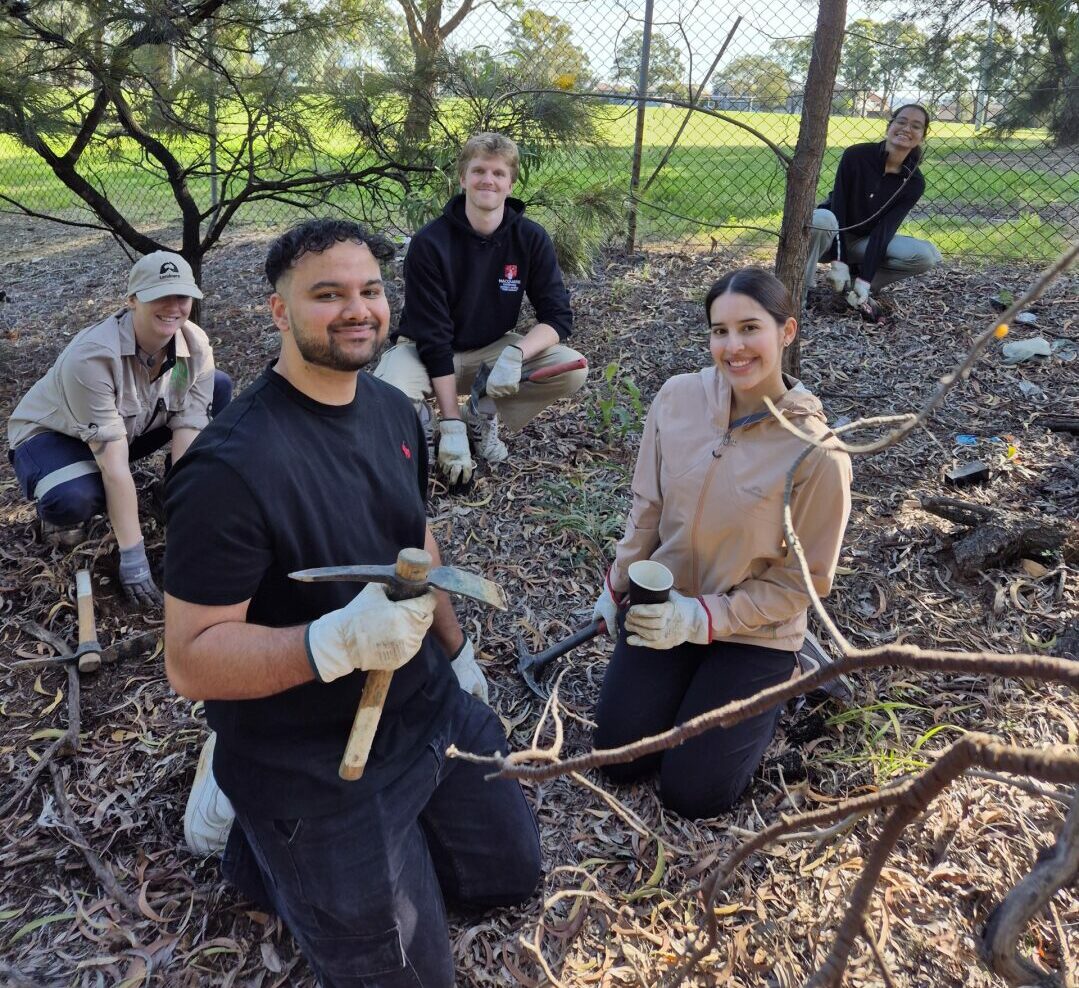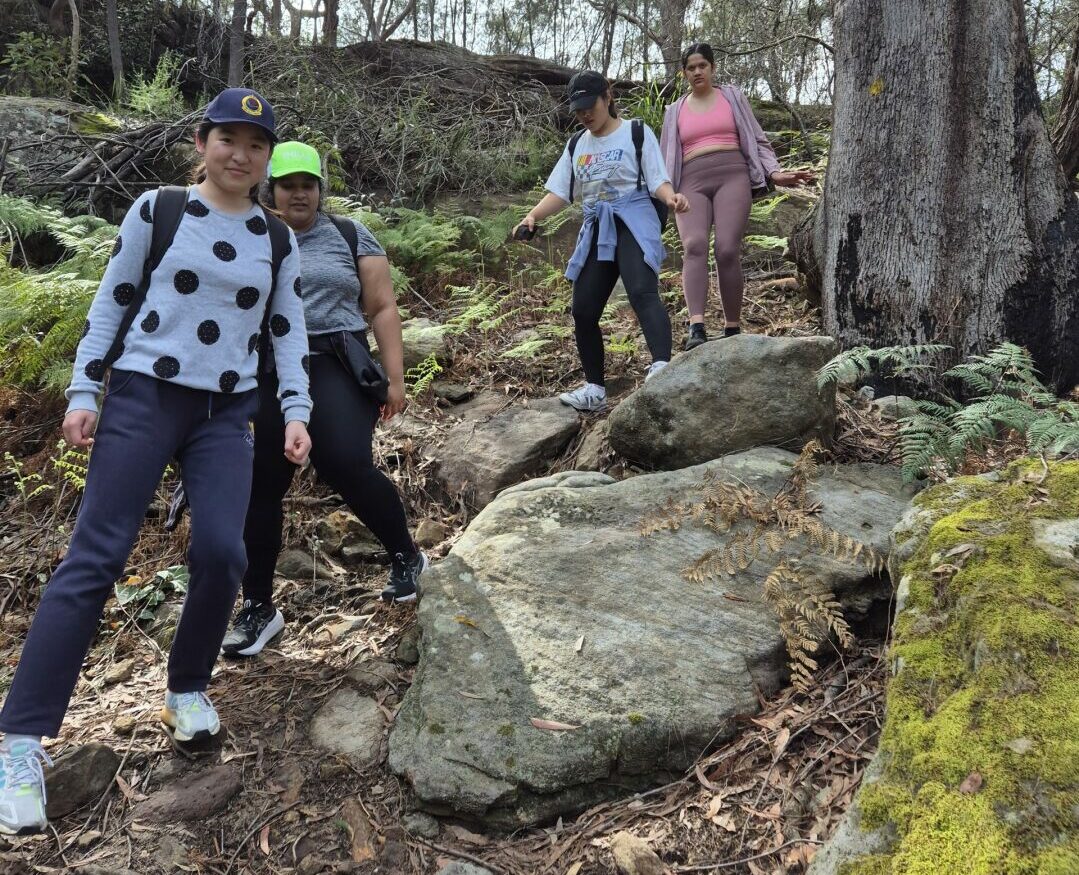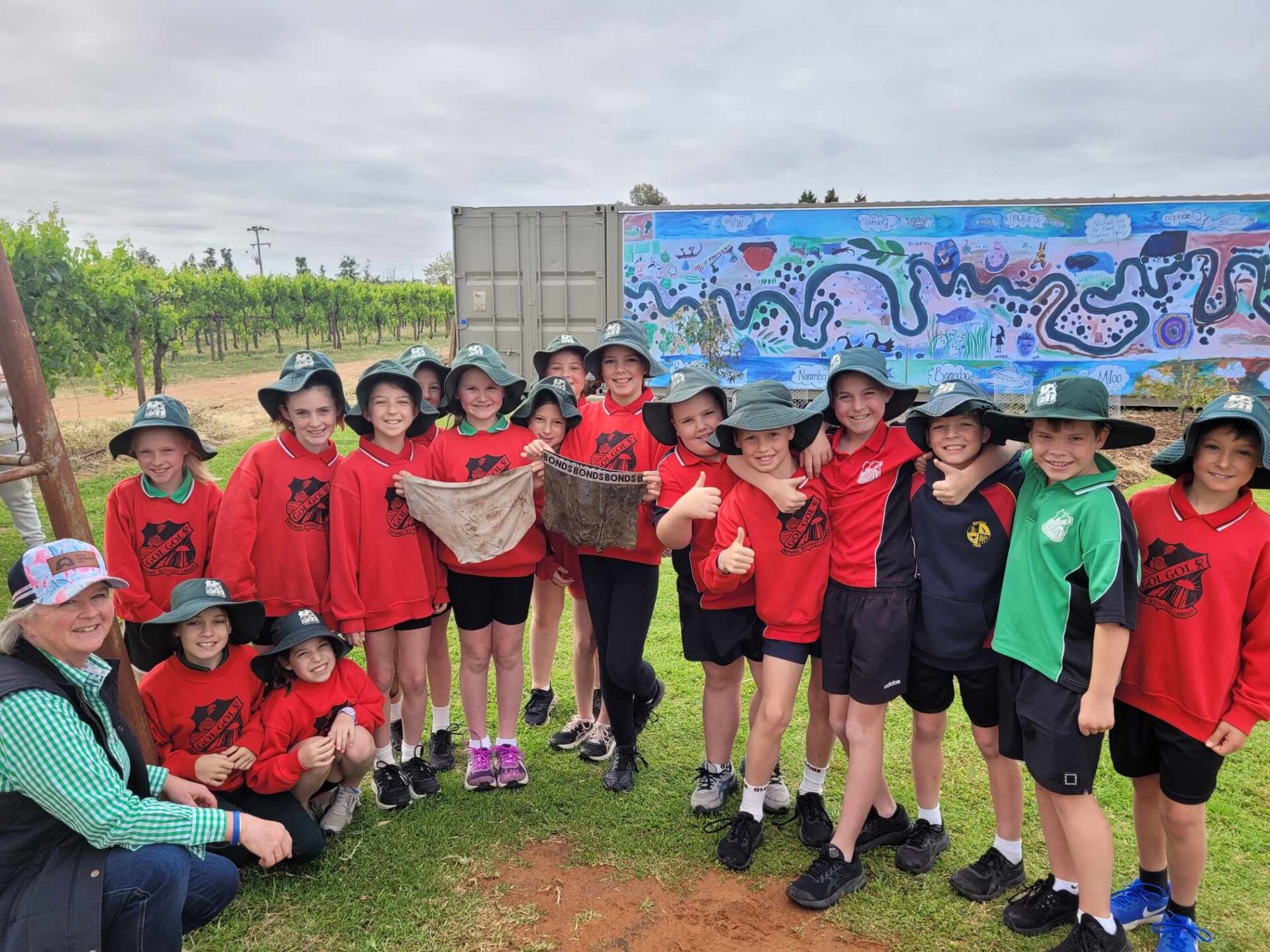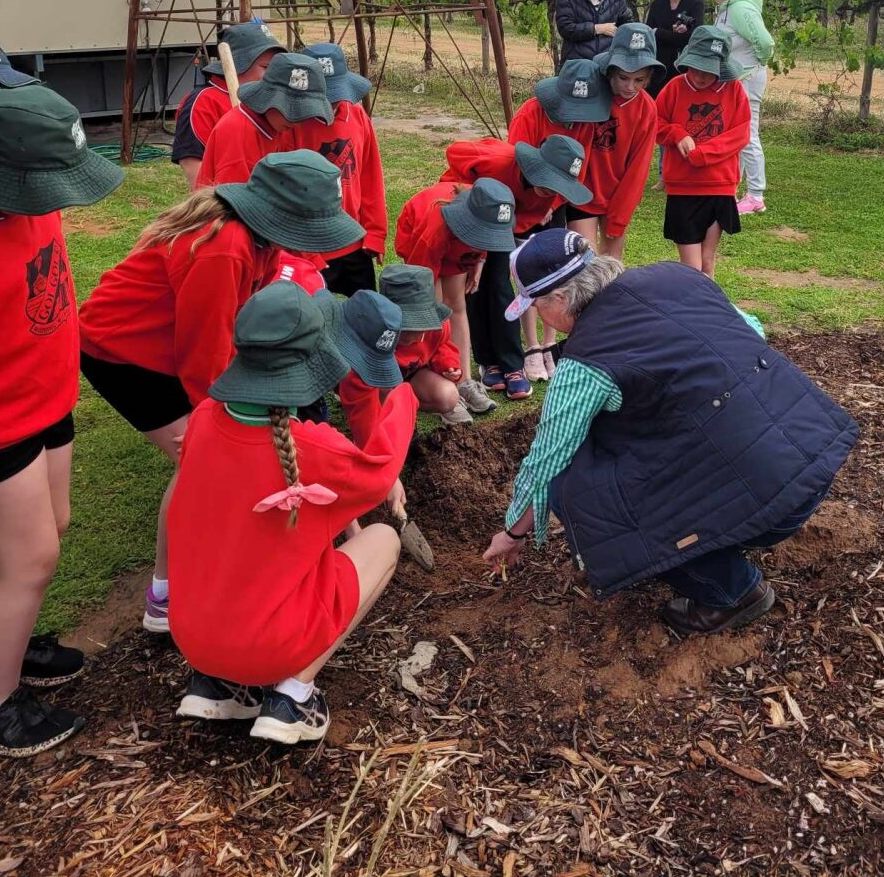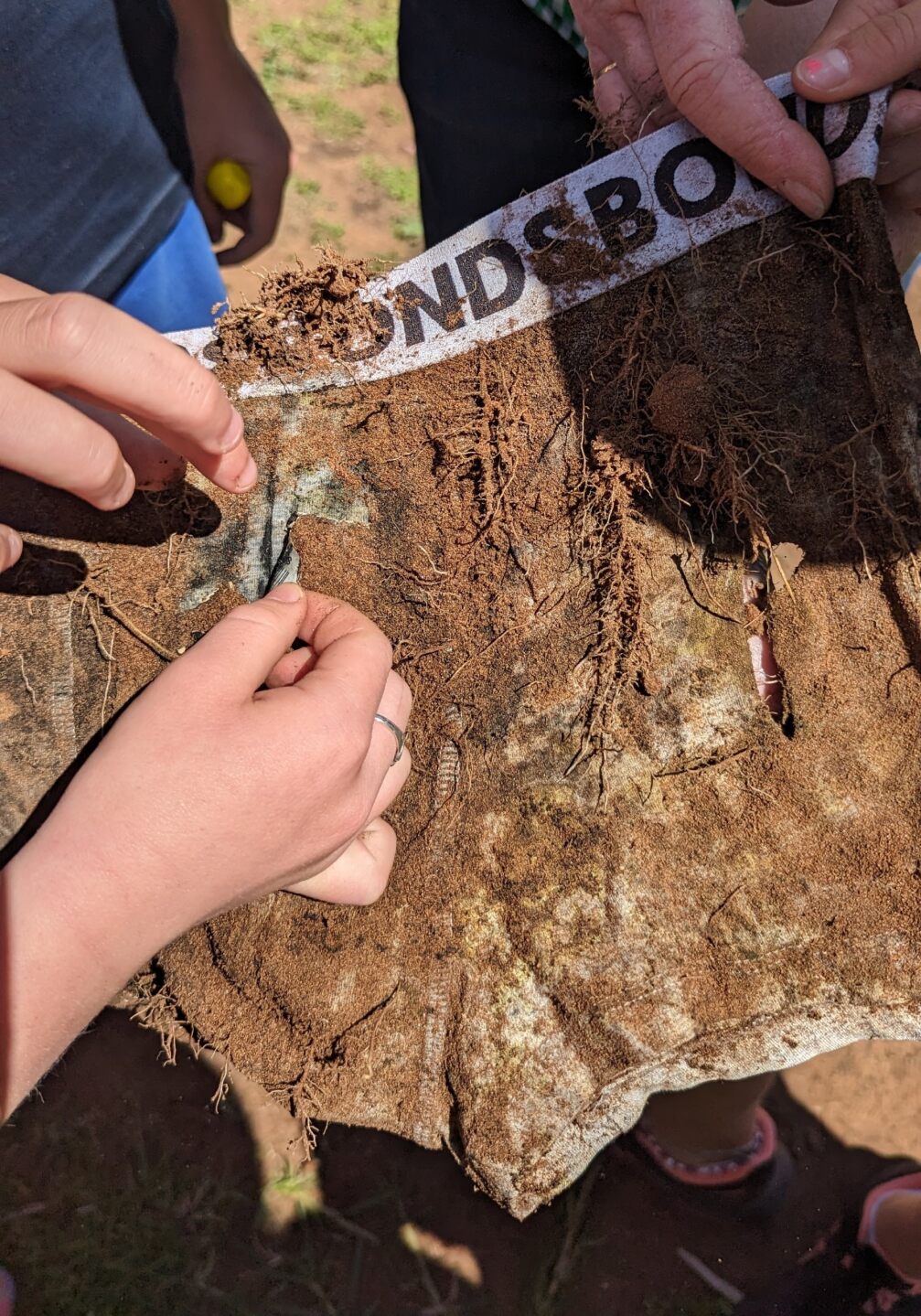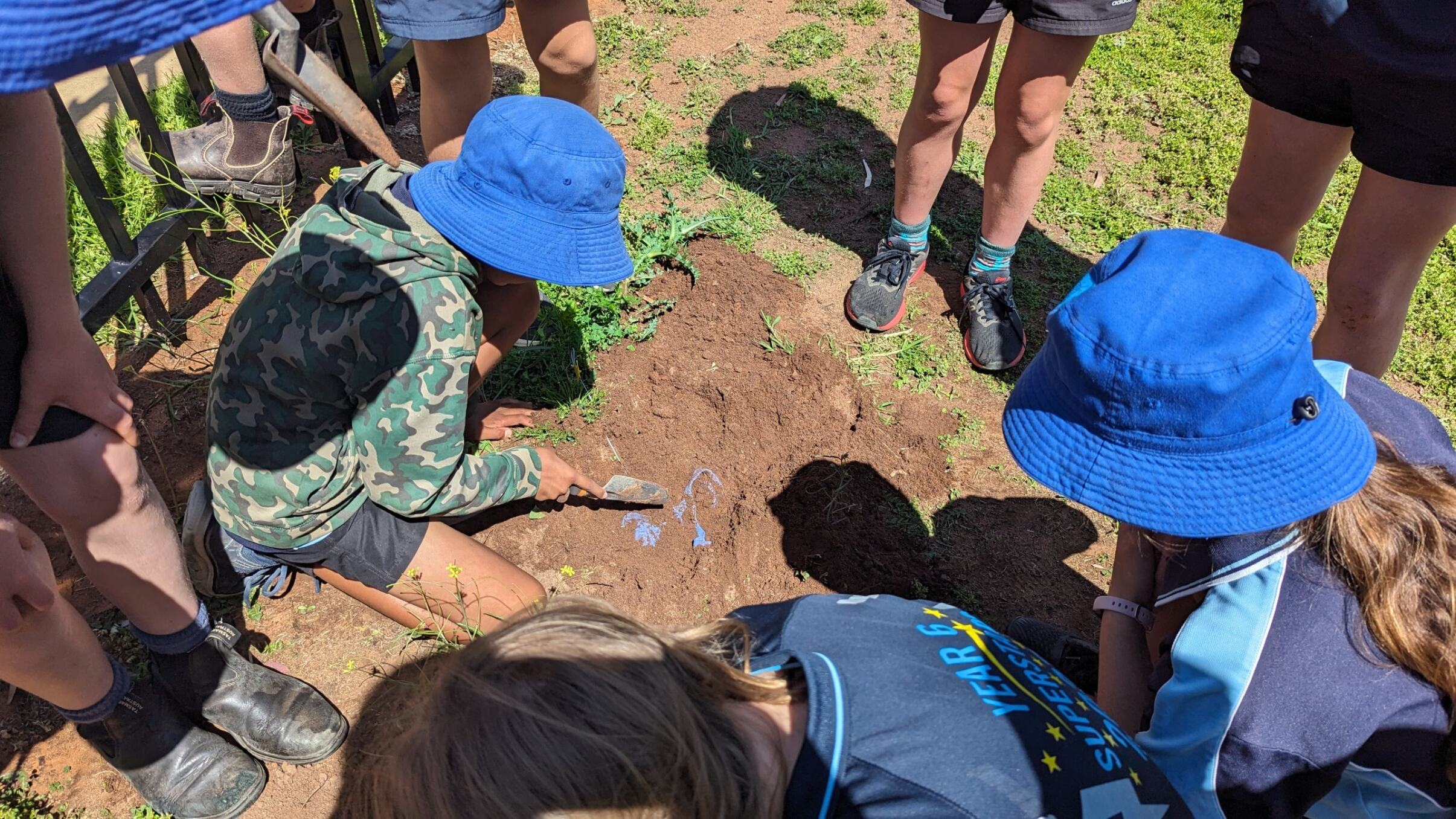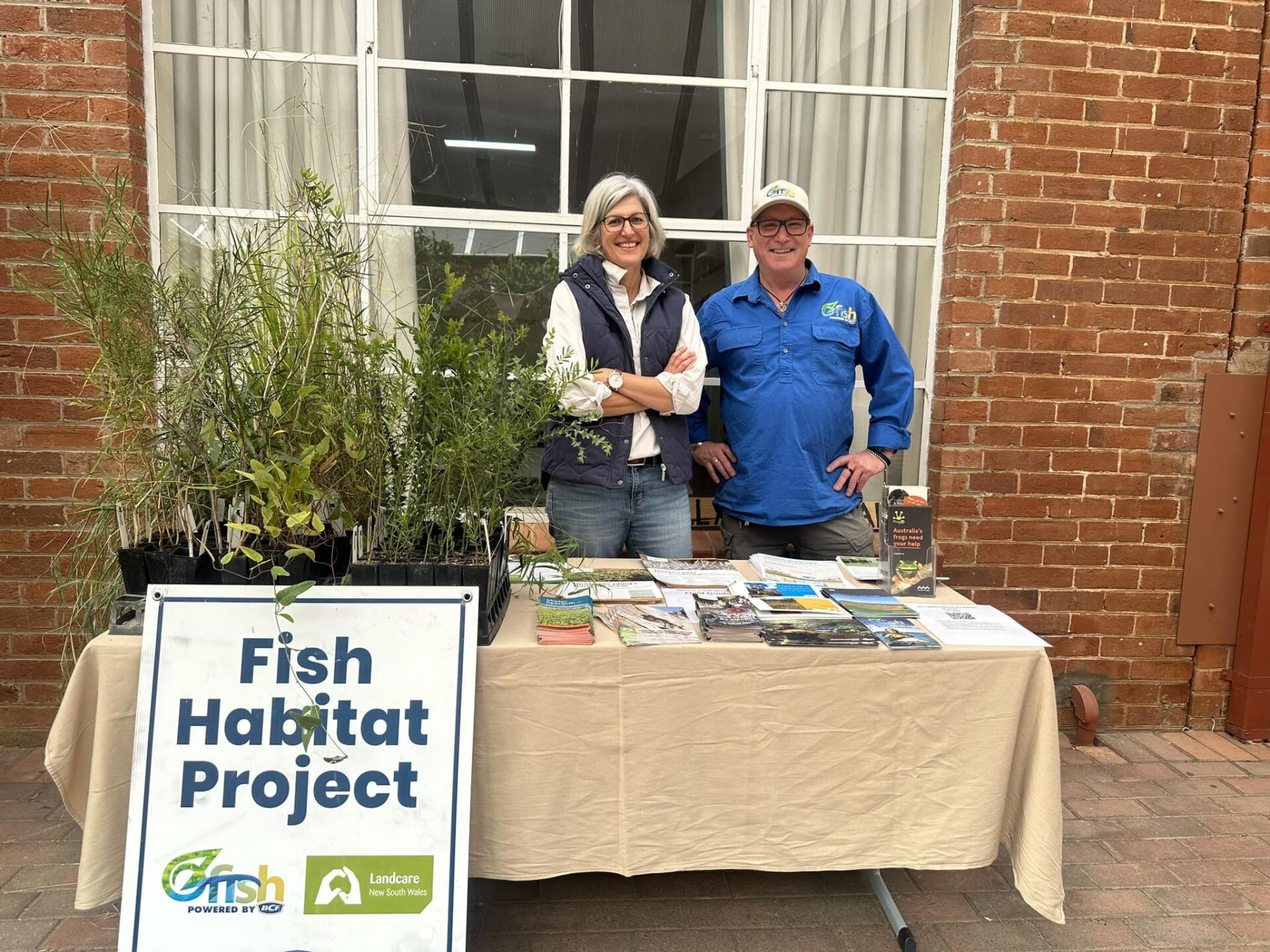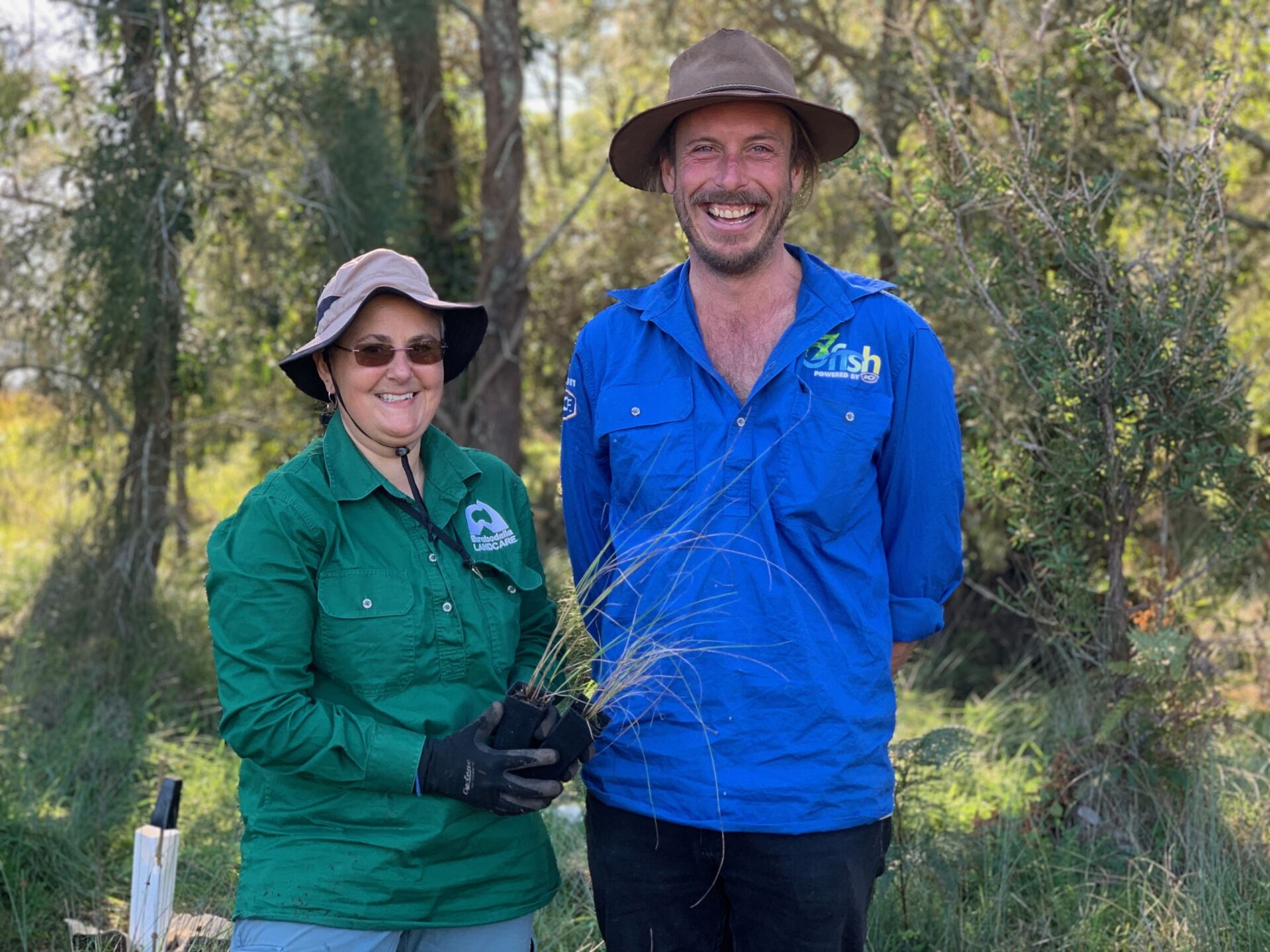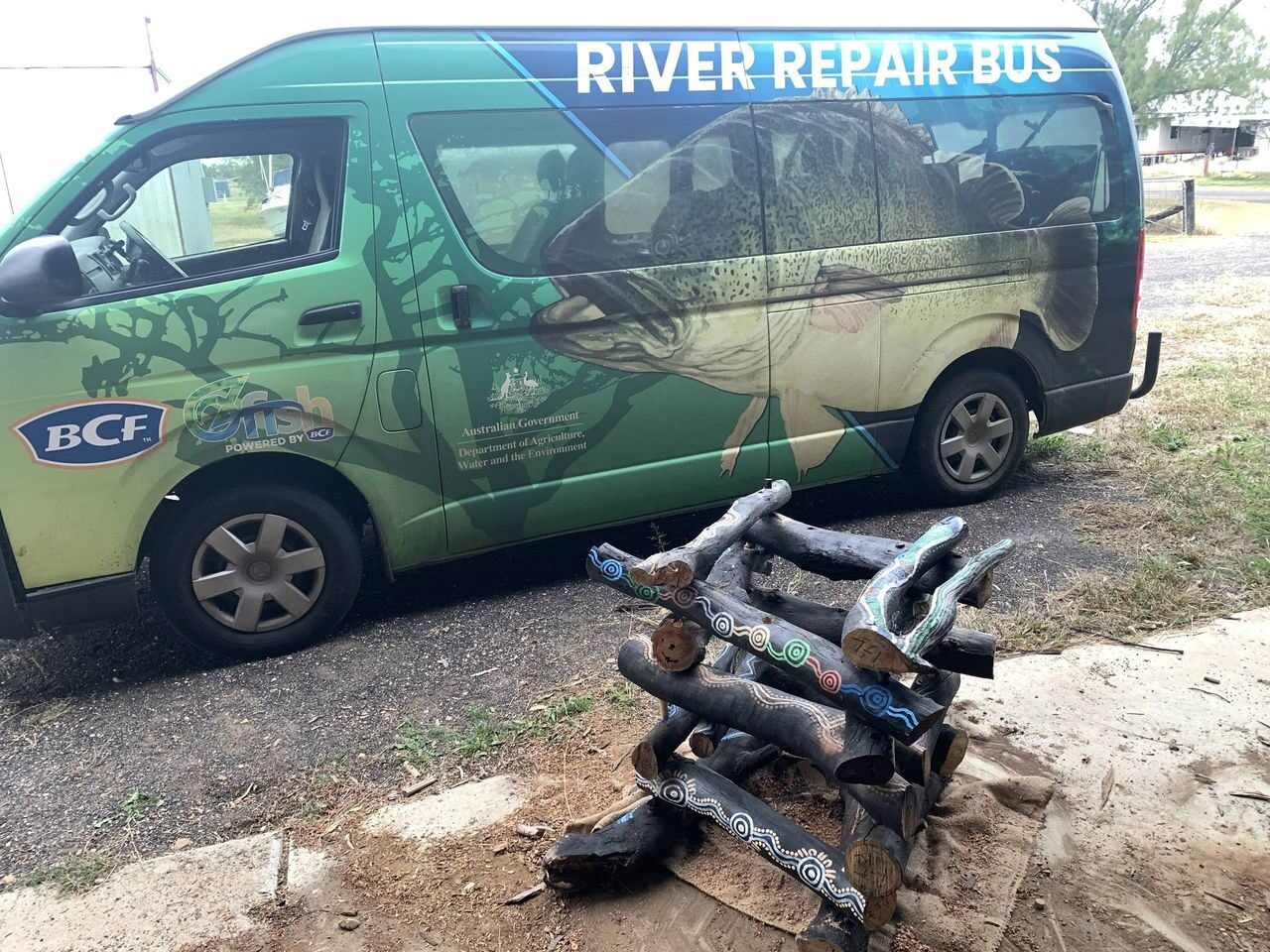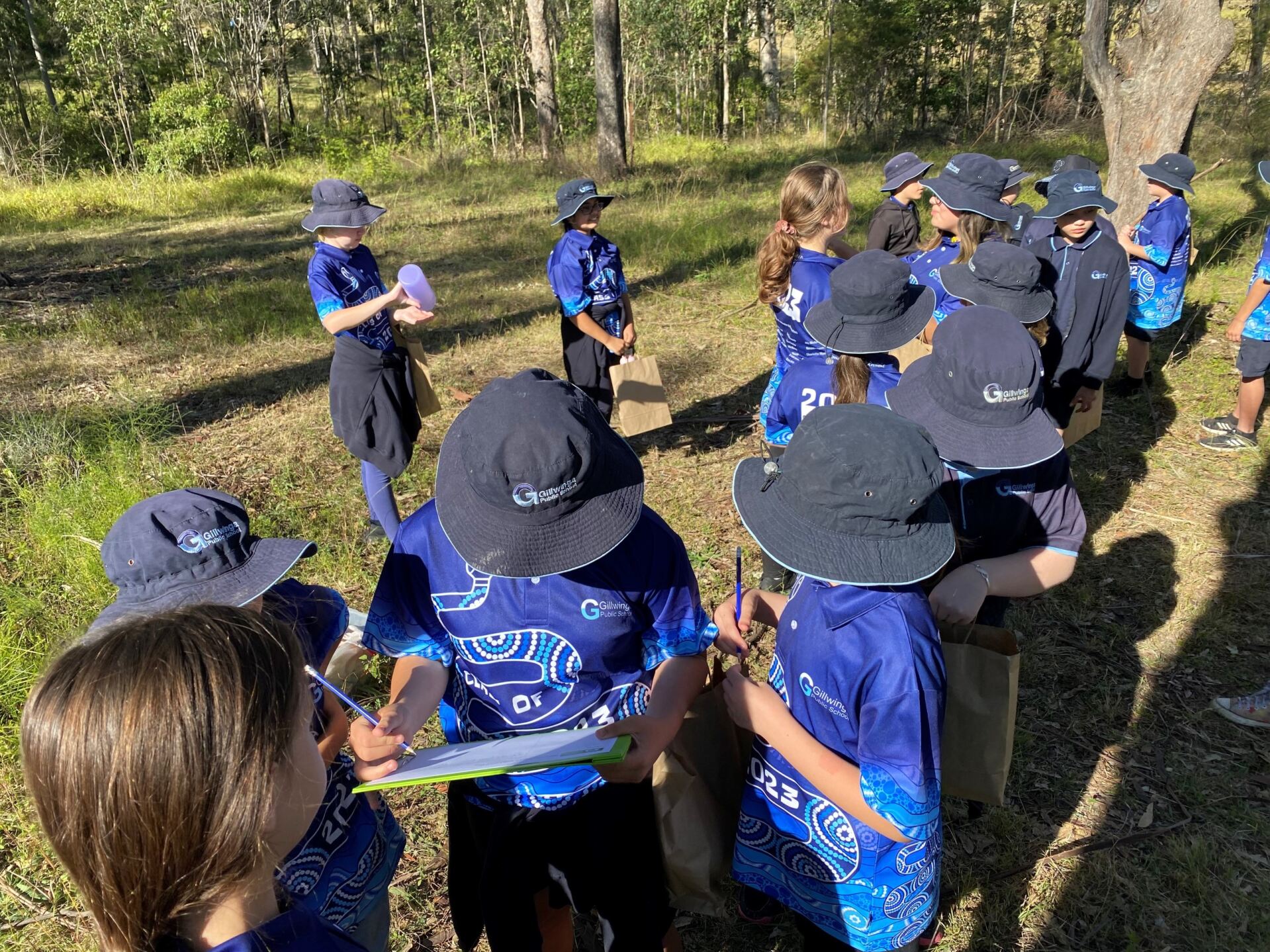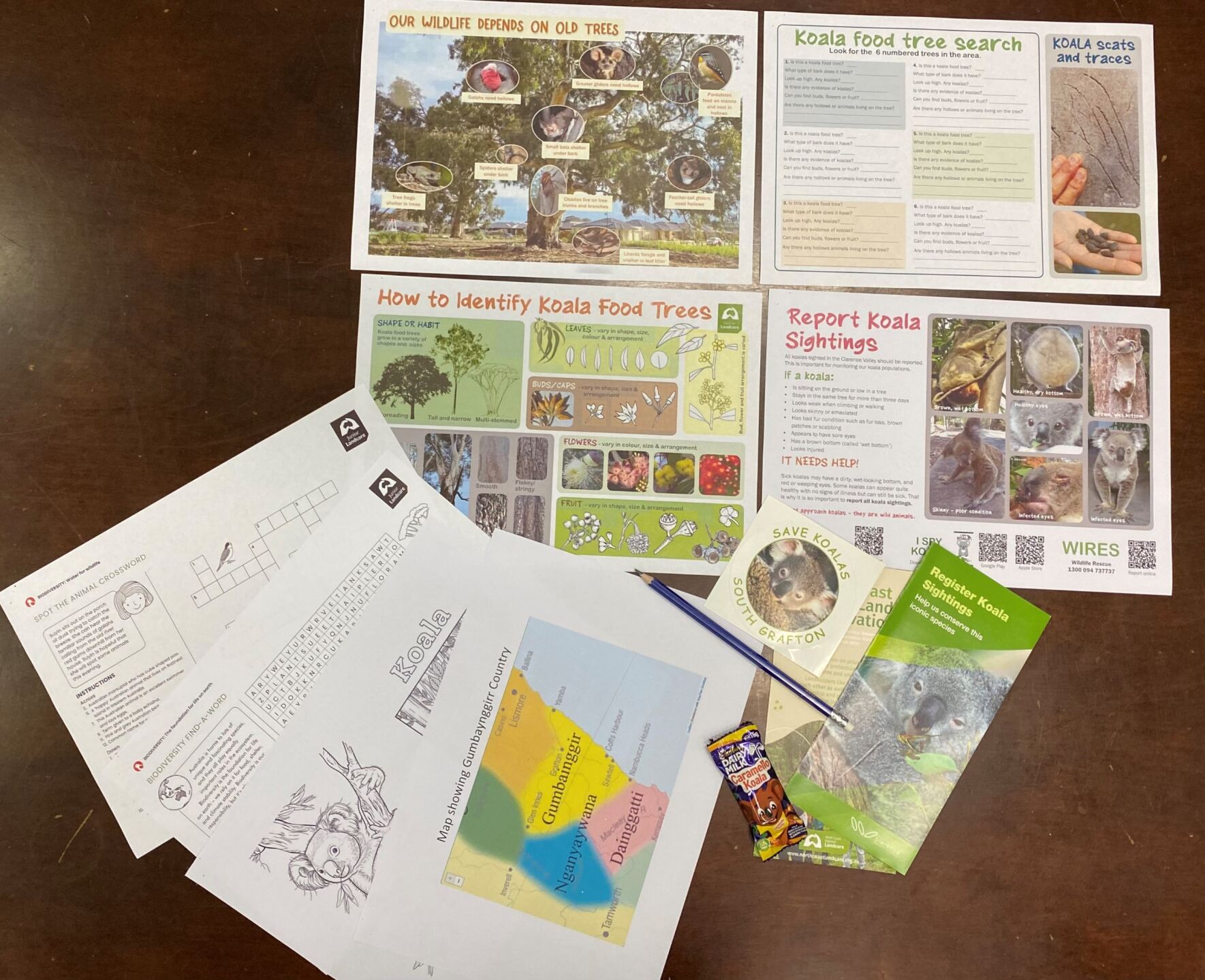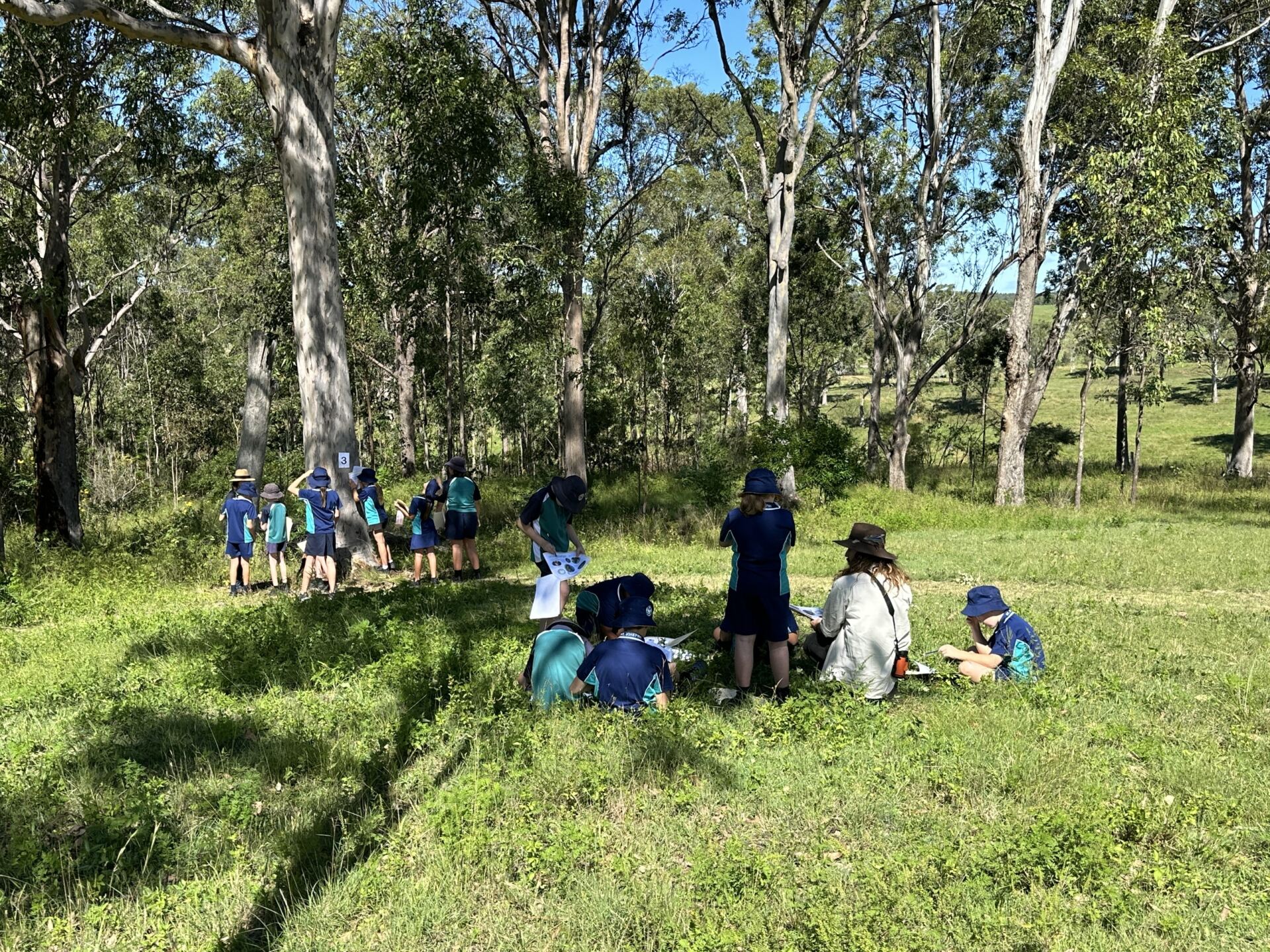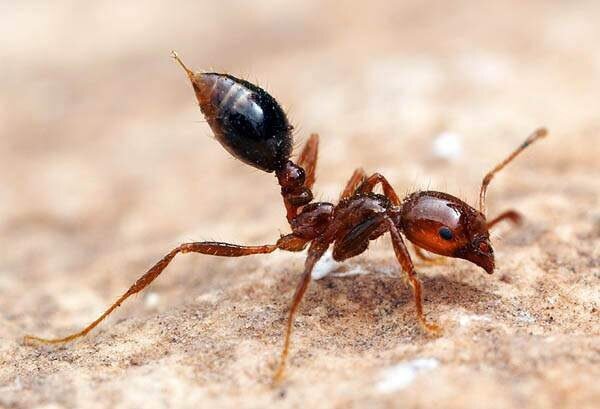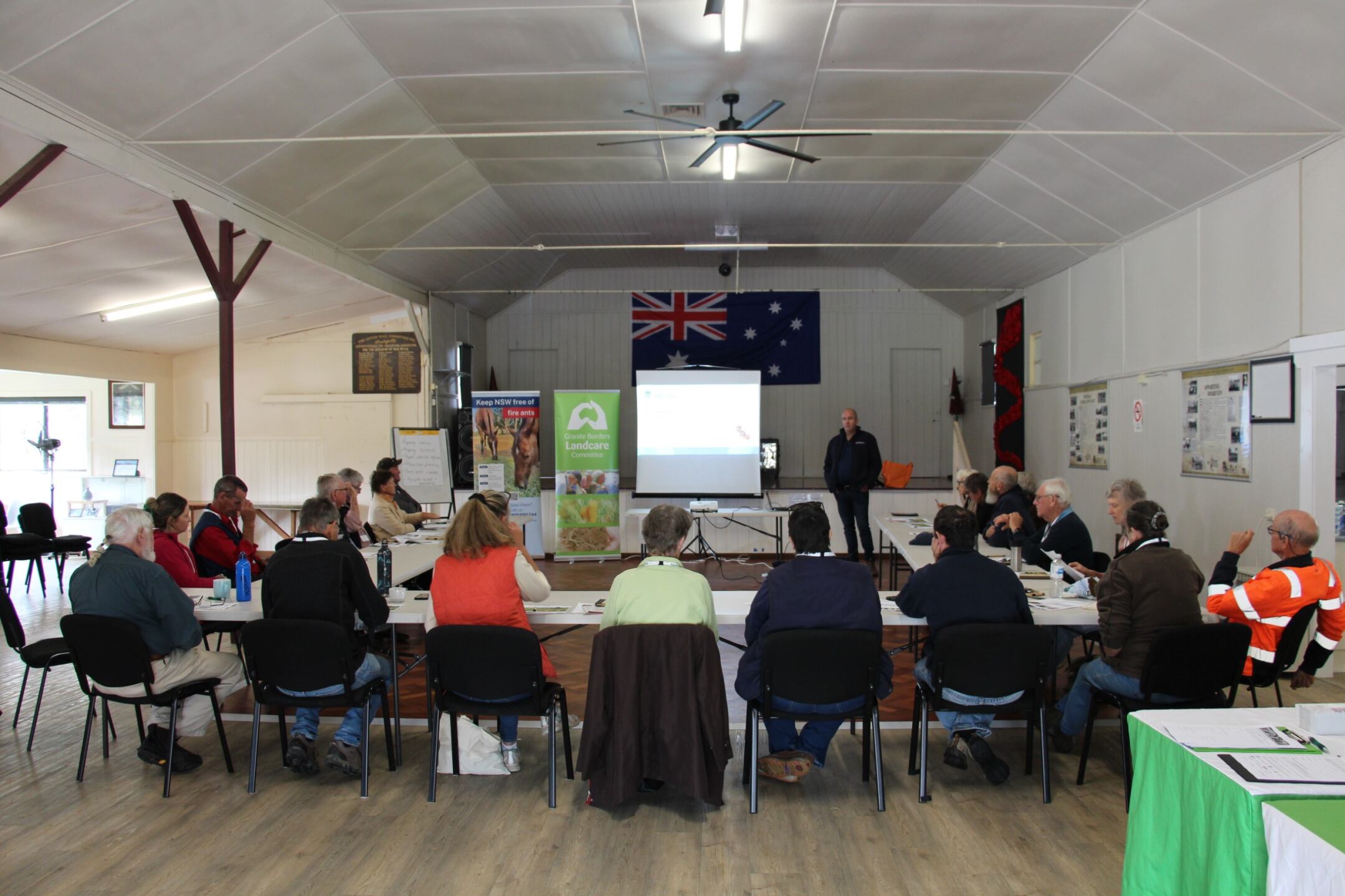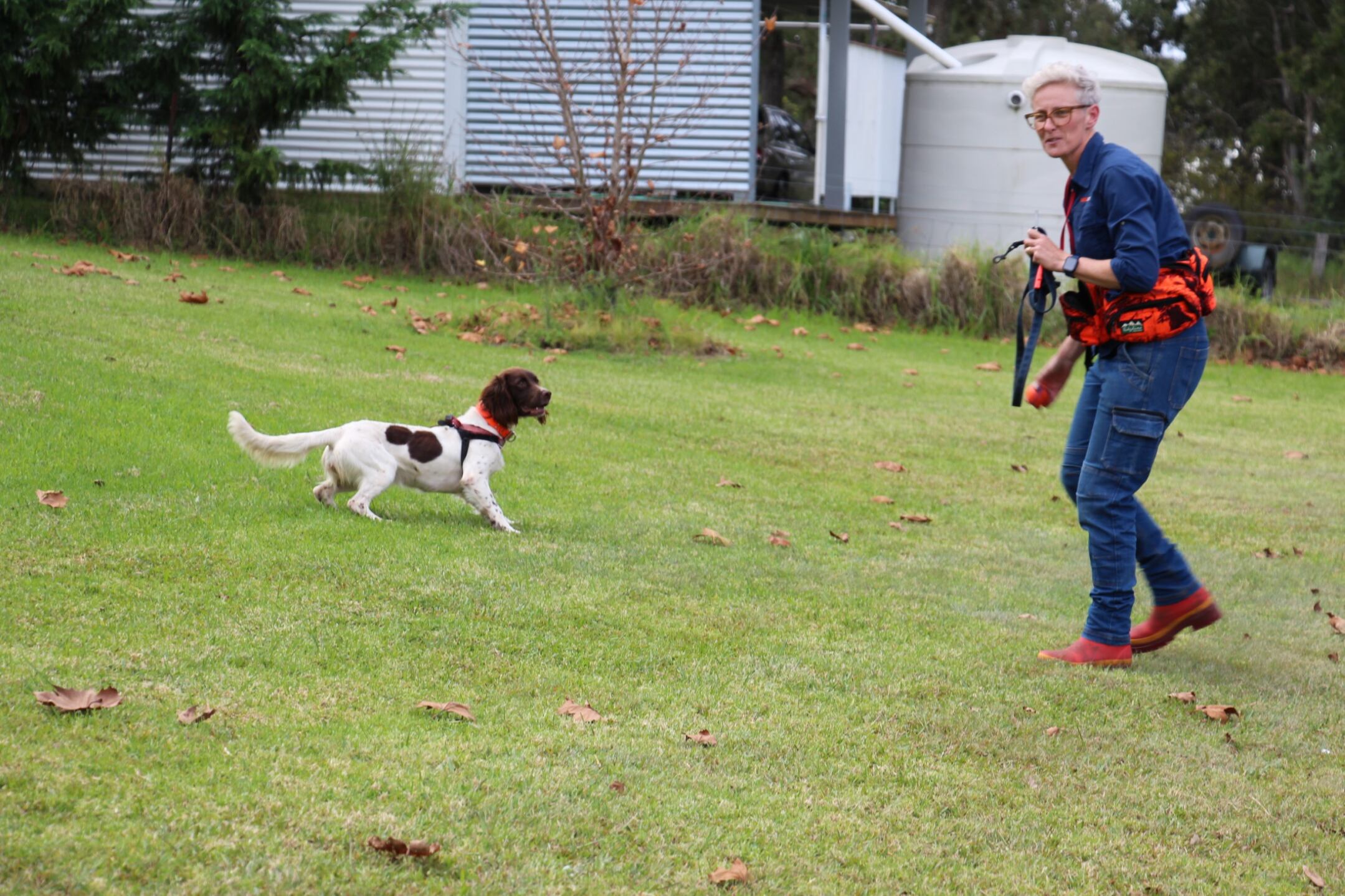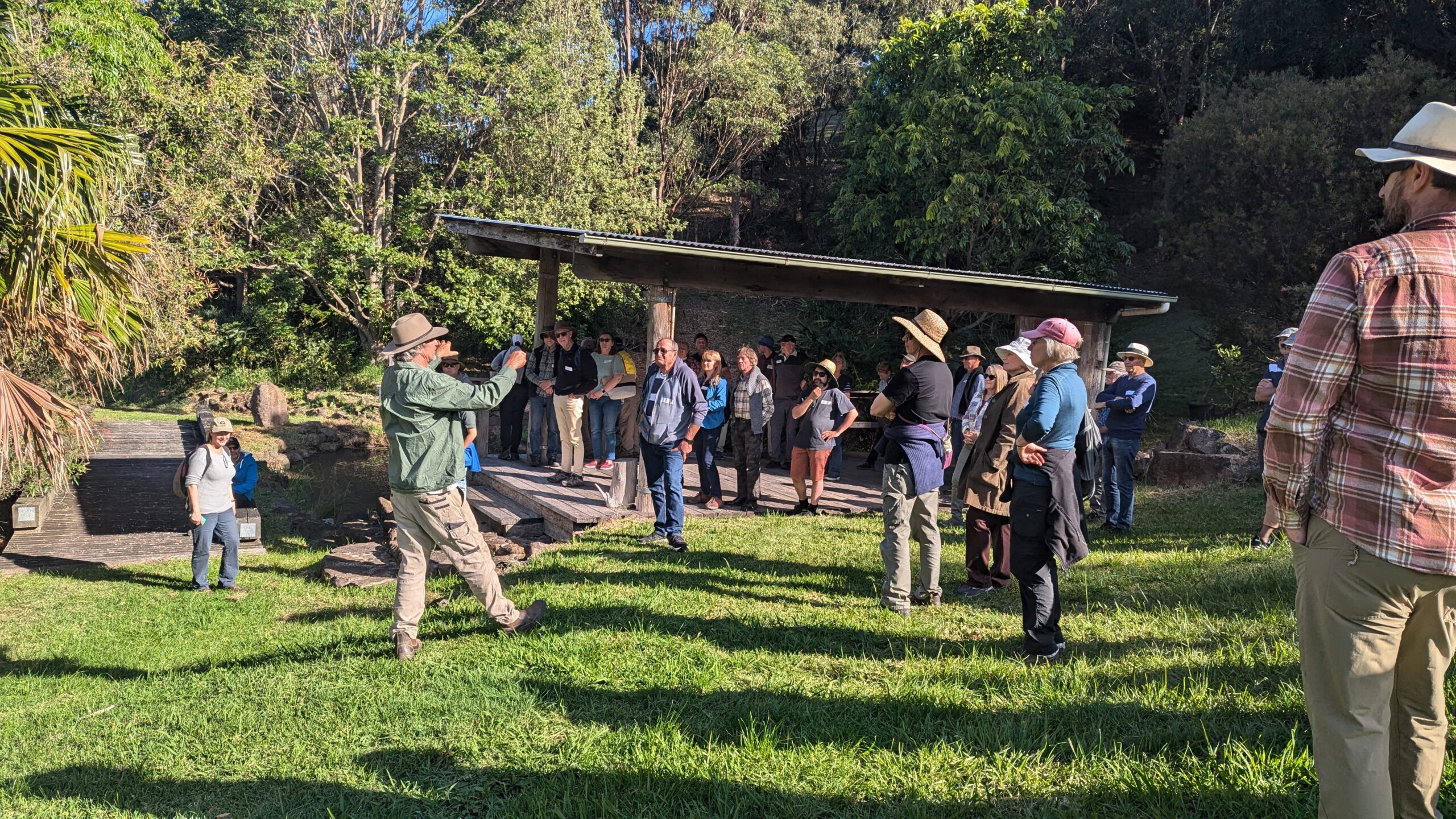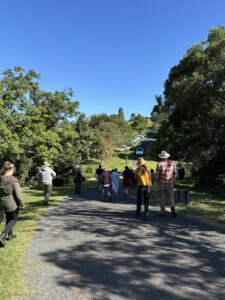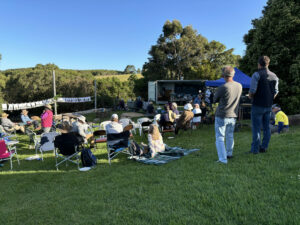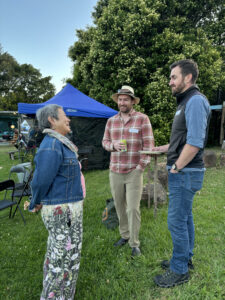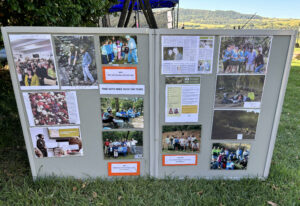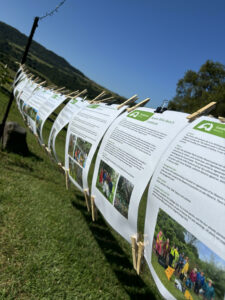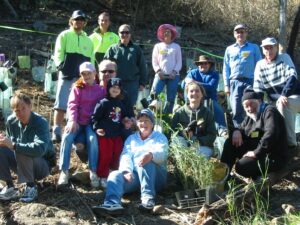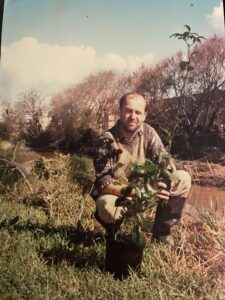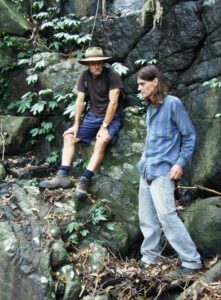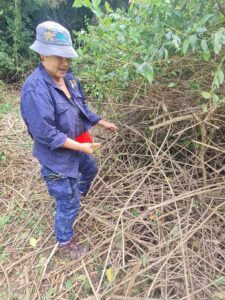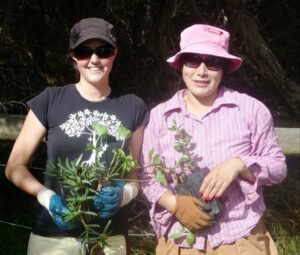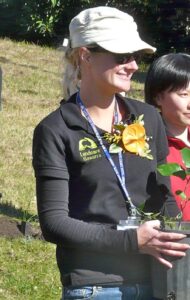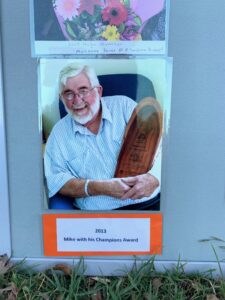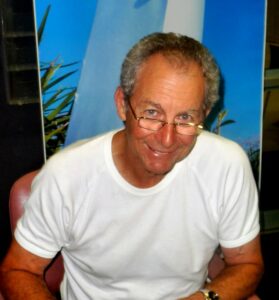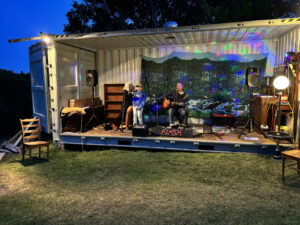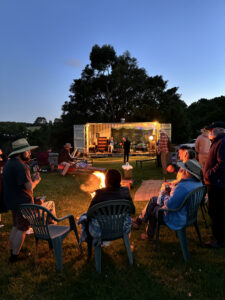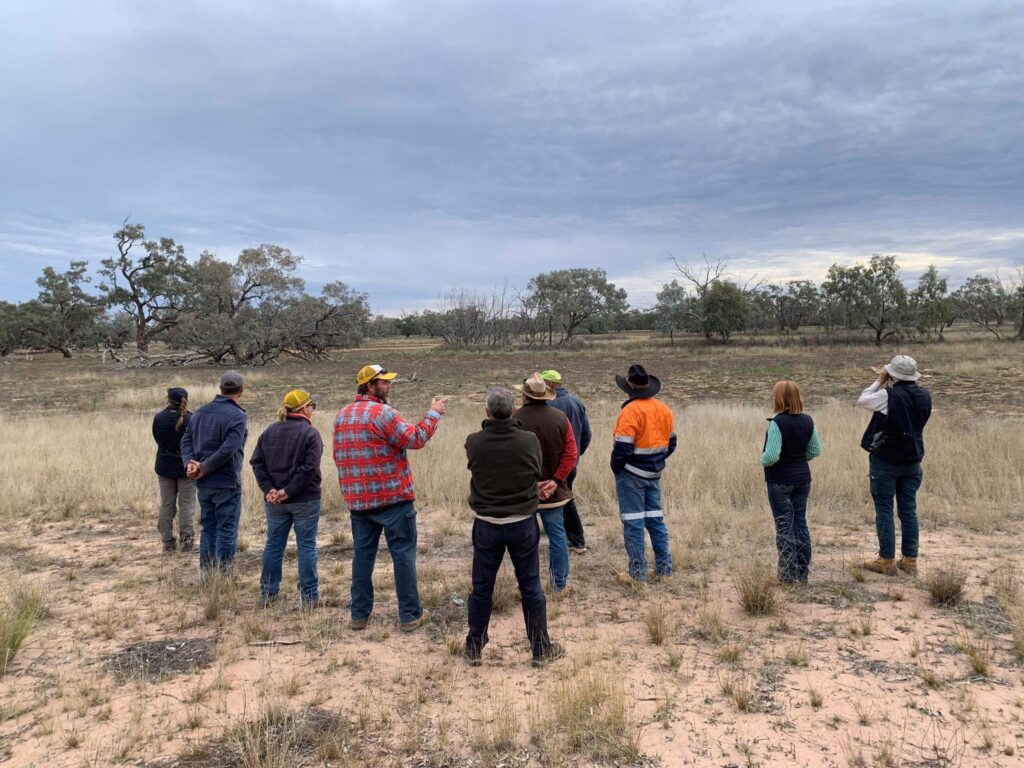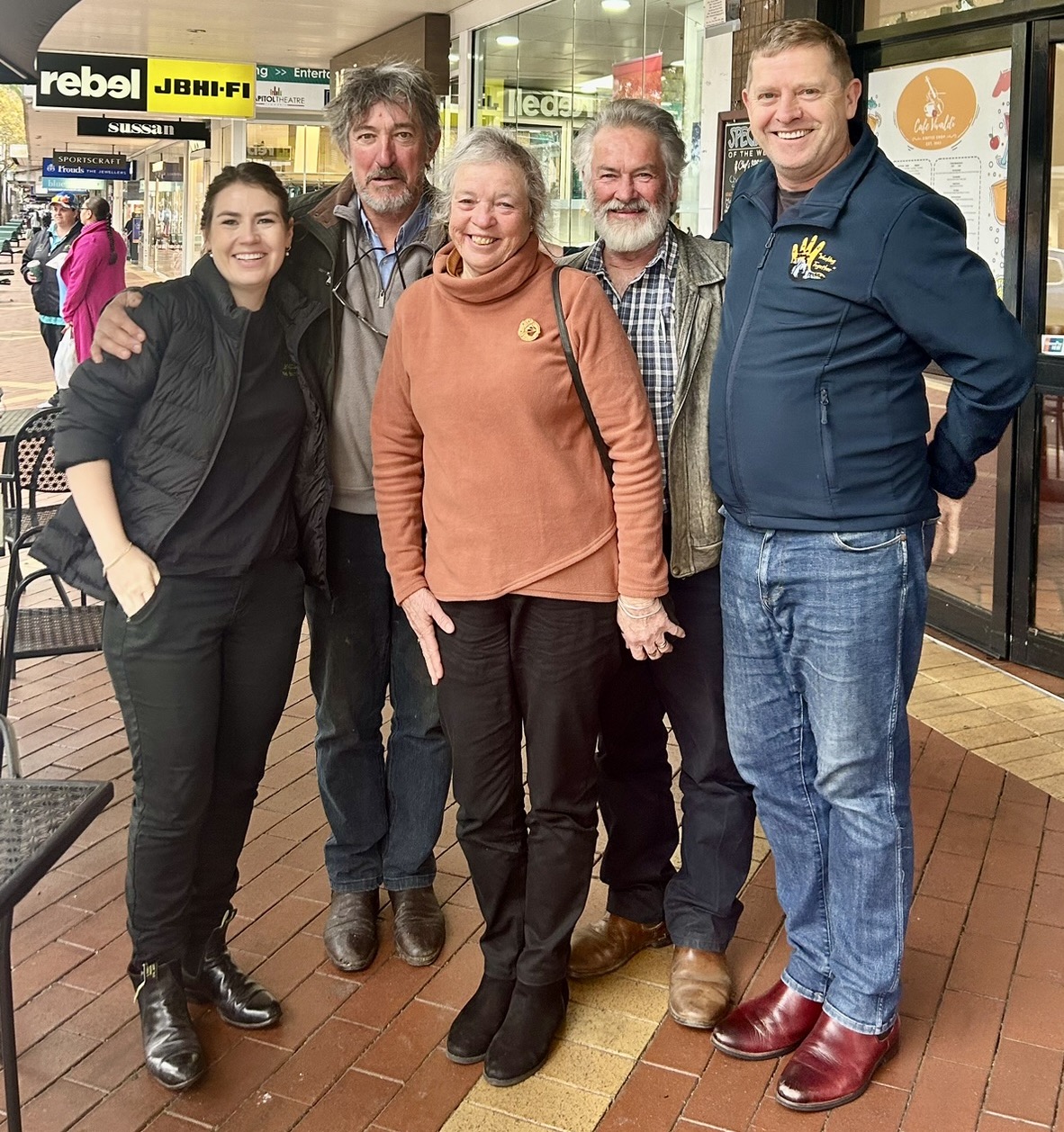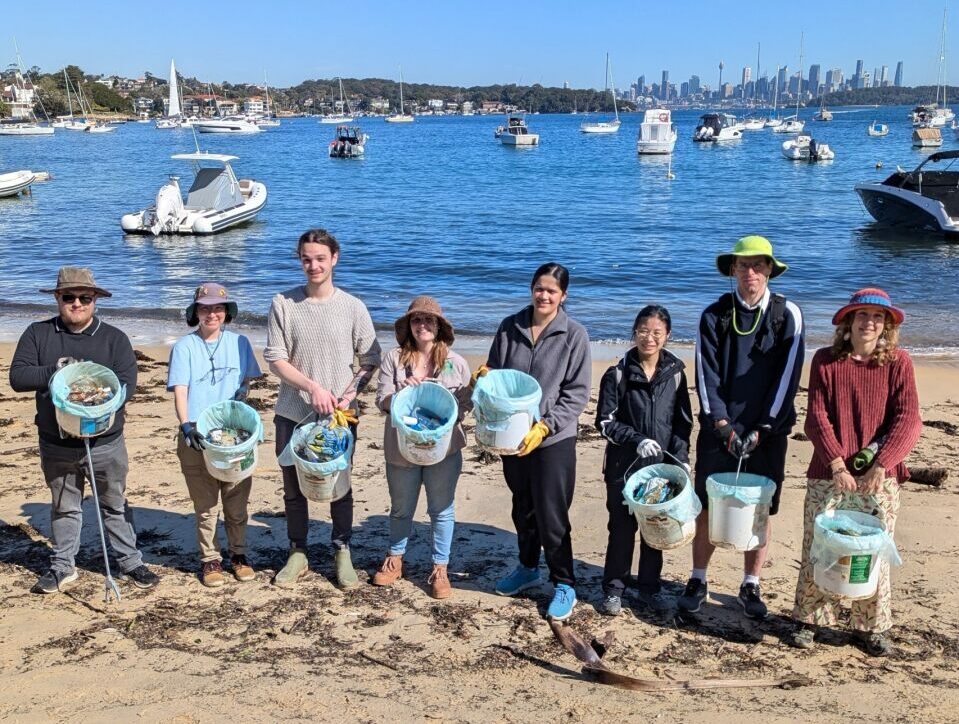
WildVenture Landcare for Young Adults
WildVenture creates flexible, social events that engage young people in environmental restoration, building community and empowering them to connect with nature in Sydney.
The Issue
Young people in Sydney are becoming increasingly disconnected from nature and facing issues like eco-anxiety, digital isolation, and a loss of community. Many struggle to find supportive networks, the motivation to volunteer, and events that cater to their schedules and interests, particularly when traditional Landcare commitments don’t align with their lifestyles or demographics.
The Solution
WildVenture is a dynamic program designed for young adults in Greater Sydney. It offers flexible, low-commitment events designed to foster friendships and community among environmentally-minded young people, while also delivering positive environmental outcomes.
The events invite young adults to get hands-on with activities like citizen science, bushcare, and tree planting, or to learn something new and interesting about their surroundings. Each gathering is an opportunity to engage, explore, and contribute to local environmental restoration in a way that suits their lives.
The Impact
Over the past seven months, WildVenture has hosted eight events across Sydney, attracting around 100 young volunteers to social, restorative events that allow them to connect with both nature and each other. These events have led to lasting friendships and recurring participation, as volunteers attend multiple events together, helping to establish a new community of environmentally engaged young people across Sydney.
Call to Action
WildVenture aims to expand and enhance its offerings, with more restoration-focused events and campouts that allow young people to immerse themselves in nature when they can’t commit to regular participation. To achieve this, we are seeking funding to broaden our reach across the Greater Sydney Basin, increase restoration opportunities, and improve transport options, as we’ve learned that transport barriers can limit attendance. We invite more young people to join us and help grow a vibrant, supportive environmental community in Sydney.
– Sophie Blair, Local Coordinator, Greater Sydney Landcare
This initiative made possible by the NSW Landcare Enabling Program, a collaboration between Local Land Services and Landcare NSW supported by the NSW Government.
